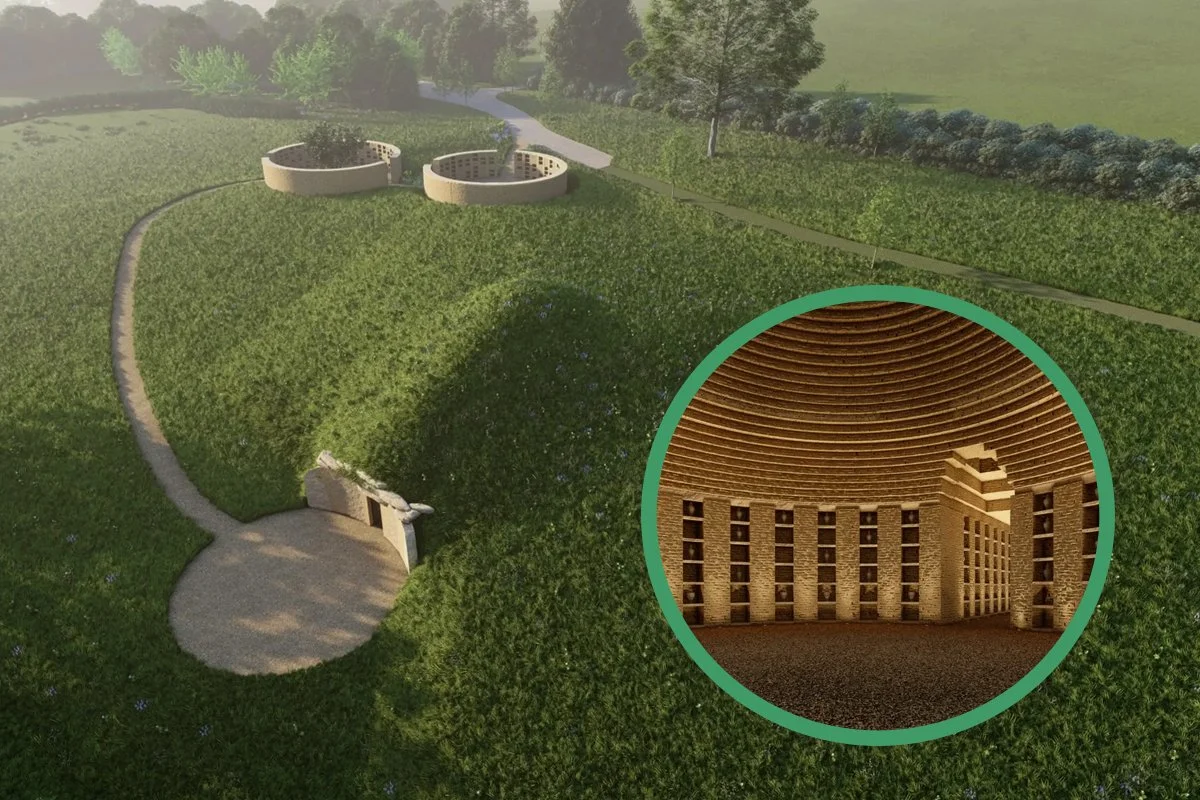A.W. Lymn The Family Funeral Service, has been granted permission to build the first and only modern barrow site in the East Midlands, England.
As part of a partnership with Sacred Stones Limited, a barrow for modern-day cremation burials is to be constructed just outside the village of Calverton, which follows the ancient traditions of Bronze Age and Neolithic cultures.
Barrows, also known as tumuli, is a mound of stones with an internal structure and architecture used for ancient burials.
The round barrow experienced a brief resurgence following the Anglo-Saxon conquests, however, the tradition fell out of use during the 7th century as a result of the spread of Christianity.
Early scholarly examination of tumuli and speculation regarding their origins mainly started in the 17th century, spearheaded by antiquarians such as John Aubrey and William Stukeley.
Working closely with planning officers, A.W. Lymn has had an application for one closed, and two open barrows on a 27-acre cemetery at Calverton.
Pete Clarson, Commercial Director at A.W. Lymn said: “When it comes to saying a final goodbye, we recognise that this doesn’t always look the same for everyone. Having a variety of options to choose from to suit your personal needs, preferences and wishes is so incredibly important.”
“The barrows, however, are more than a place for ashes to be laid to rest. It’s a place where recently bereaved can go to understand their grief, accept their loss, and celebrate a life,” added Clarson.
The Calverton cemetery is the first company-owned burial site and barrows scheme, which A.W. Lymn plans to extend as they continue to expand across the region.
Header Image Credit : A.W. Lymn
Sources : A.W. Lymn





